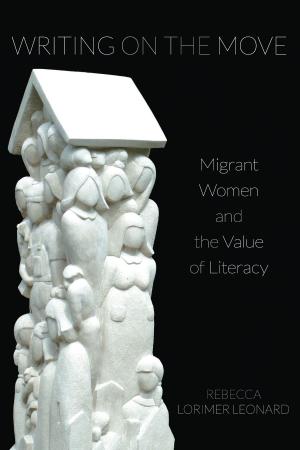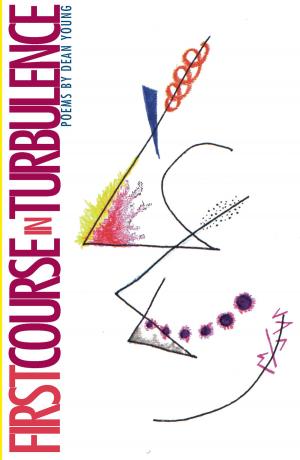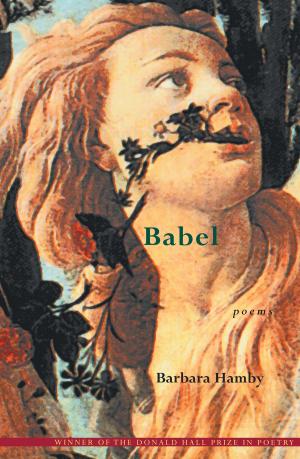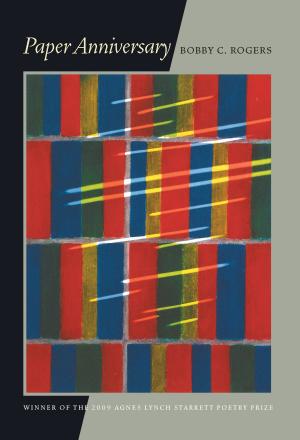| Author: | Larry Levis | ISBN: | 9780822990987 |
| Publisher: | University of Pittsburgh Press | Publication: | November 15, 1997 |
| Imprint: | University of Pittsburgh Press | Language: | English |
| Author: | Larry Levis |
| ISBN: | 9780822990987 |
| Publisher: | University of Pittsburgh Press |
| Publication: | November 15, 1997 |
| Imprint: | University of Pittsburgh Press |
| Language: | English |
A few days before his death in 1996, Larry Levis mentioned to his friend and former instructor Philip Levine that he had "an all-but-completed manuscript" of poems. Levine had years earlier recognized Levis as "the most gifted and determined young poet I have ever had the good fortune to have in one of my classes"; after Levis's death, Levine edited the poems Levis had left behind. What emerged is this haunting collection, Elegy.
The poems were written in the six years following publication of his previous book, The Widening Spell of the Leaves, and continue and extend the jazz improvisations on themes that gave those poems their resonance. There are poems of sudden stops and threats from the wild: an opossum halts traffic and snaps at pedestrians in posh west Los Angeles; a migrant worker falls victim to the bites of two beautiful black widow spiders; horses starve during a Russian famine; a thief, sitting in the rigging of Columbus’s ship, contemplates his work in the New World. The collection culminates in the elegies written to a world in which culture fragments; in which the beasts of burden—the horses, the migrant workers—are worked toward death; a world in which "Love's an immigrant, it shows itself in its work. / It works for almost nothing"; a world in which "you were no longer permitted to know, / Or to decide for yourself, / Whether there was an angel inside you, or whether there wasn't."
Elegy, as Levine says, was "written by one of our essential poets at the very height of his powers. His early death is a staggering loss for our poetry, but what he left is a major achievement that will enrich our lives."
A few days before his death in 1996, Larry Levis mentioned to his friend and former instructor Philip Levine that he had "an all-but-completed manuscript" of poems. Levine had years earlier recognized Levis as "the most gifted and determined young poet I have ever had the good fortune to have in one of my classes"; after Levis's death, Levine edited the poems Levis had left behind. What emerged is this haunting collection, Elegy.
The poems were written in the six years following publication of his previous book, The Widening Spell of the Leaves, and continue and extend the jazz improvisations on themes that gave those poems their resonance. There are poems of sudden stops and threats from the wild: an opossum halts traffic and snaps at pedestrians in posh west Los Angeles; a migrant worker falls victim to the bites of two beautiful black widow spiders; horses starve during a Russian famine; a thief, sitting in the rigging of Columbus’s ship, contemplates his work in the New World. The collection culminates in the elegies written to a world in which culture fragments; in which the beasts of burden—the horses, the migrant workers—are worked toward death; a world in which "Love's an immigrant, it shows itself in its work. / It works for almost nothing"; a world in which "you were no longer permitted to know, / Or to decide for yourself, / Whether there was an angel inside you, or whether there wasn't."
Elegy, as Levine says, was "written by one of our essential poets at the very height of his powers. His early death is a staggering loss for our poetry, but what he left is a major achievement that will enrich our lives."















